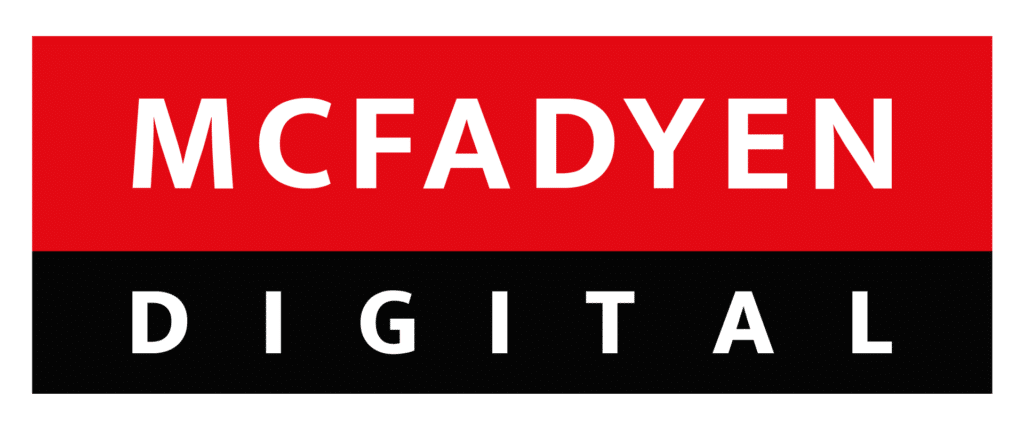
The automotive retail industry is undergoing a transformation accelerated by the digital revolution. While car dealerships and physical stores have been the traditional stalwarts of automotive retail, online marketplaces are rapidly emerging as the future. From used car sales to aftermarket parts and accessories, online platforms are offering an array of opportunities for automotive retailers to generate profits and serve customers better.Let’s take a look at the top four ways that online marketplaces are tuning up the retail automotive experience:
1) Used Car Sales: The Pre-Owned Revolution

The used car sales market is undergoing a transformative shift, primarily driven by the proliferation of online marketplaces. Traditional methods of buying used cars, often fraught with opacity and limitations in choice, are being rapidly upended. Online platforms like CarMax, Auto Trader, and Carvana offer a transparent, consumer-friendly approach that has radically expanded the geographical reach and inventory accessibility for potential car buyers. In 2020, CarMax’s online sales surged by a staggering 50%.
With features like comprehensive vehicle histories, virtual tours of cars, online price comparisons, and even home delivery options, these digital marketplaces are enhancing customer experience to unprecedented levels. As a result, there’s a significant shift in consumer behavior towards embracing these online platforms; according to a report by the National Automobile Dealers Association, online used car sales saw a 40% increase in 2020 compared to the previous year. This disruptive change is not merely a trend but an indication of the new normal in the used car market.
Examples of Marketplace Success:
- CarMax: Offers comprehensive information on used vehicles, including free vehicle history and five-day money-back guarantee.
- Auto Trader: Allows consumers to compare prices, features, and even book test drives online.
2) Aftermarket Parts and Accessories: The Personalization Wave

The aftermarket parts and accessories sector is experiencing a significant disruption due to the advent of online marketplaces. Traditional brick-and-mortar stores are increasingly challenged by digital platforms like eBay Motors and Amazon Automotive, which offer unparalleled variety, convenience, and competitive pricing. According to McKinsey, the online market for automotive parts in the U.S. is expected to reach $28 billion by 2025, signaling a shift in consumer purchasing habits.
The global automotive aftermarket size was valued at $378.4 billion in 2019 and is expected to grow at a compound annual growth rate (CAGR) of 4.0% from 2020 to 2027. These online platforms not only make it easier for consumers to find specific parts and accessories but also facilitate price comparisons and reviews, enhancing consumer confidence and satisfaction. This digital shift is reshaping the aftermarket landscape, forcing traditional retailers to adapt or risk obsolescence.Examples of Marketplace Success:
- eBay Motors: One of the largest online marketplaces for automotive parts, offering both new and used items.
- Amazon Automotive: Features a wide range of car parts and accessories from thousands of sellers, and offers Prime delivery.
3) Service Booking: A New Level of Convenience
The automotive service booking market is increasingly feeling the impact of digital transformation, as online marketplaces offer customers a new level of convenience and choice. Platforms like YourMechanic and Openbay have democratized service booking, providing options for users to compare prices, read reviews, and schedule services online, sometimes even with mechanics who come directly to the customer’s location.
According to J.D. Power’s 2021 U.S. Customer Service Index Study, 28% of service customers now prefer to schedule their automotive service appointments online, a significant increase from just a few years ago. This trend is compelling traditional service centers to adapt by digitizing their booking systems and offering more transparent pricing, thereby contributing to a major industry-wide shift toward greater customer-centricity and convenience.Examples of Marketplace Success
- YourMechanic: Allows you to book certified mechanics who come to your home or office.
- Openbay: Compares prices for different service providers and allows for easy online booking.
4) Embedded Customer Financing: Smoothing the Bumps in the Road The automotive customer financing market is witnessing a transformative shift, fueled by the advent of online marketplaces and digital platforms. Companies like Carvana and AutoGravity are making strides in streamlining the financing process, offering quick and transparent loan options right at the customer’s fingertips.
The automotive customer financing market is witnessing a transformative shift, fueled by the advent of online marketplaces and digital platforms. Companies like Carvana and AutoGravity are making strides in streamlining the financing process, offering quick and transparent loan options right at the customer’s fingertips.
According to a 2020 Experian report, 63% of new car loans were initiated online, marking a 5% increase from the previous year. These digital platforms not only simplify the cumbersome paperwork traditionally associated with auto financing but also empower consumers to explore and compare multiple financing options in real-time. The result is a more competitive and consumer-friendly landscape that challenges traditional financing models, pushing them towards innovation and efficiency.Examples of Marketplace Success:
- Carvana: Offers an entirely online car-buying experience including financing options.
- AutoGravity: Partners with various financial institutions to offer multiple auto loan offers within minutes.
Retail Automotive Transformation is Ongoing…The digital era is not just a phase; it is the new normal as digital natives become more and more of the buying public. The automotive retail industry’s adoption of online marketplaces is not just a savvy business move but a necessary one. As the statistics show, there is undeniable growth, profitability, and customer satisfaction in leveraging online platforms. In the age of the internet, the automotive retail industry is gearing up for a more inclusive, profitable, and customer-friendly digital future. This means that new players will emerge to meet the ever-evolving demands of customers while legacy players will have to innovate while transforming their brands to keep up with the increasingly digital landscape. Marketplace platforms represent a very real way to cement market leadership if done correctly. Platform model businesses, like marketplaces, are the future. Success is a matter of finding the right niche with an unmet need and building the ecosystem from there.If you’re interested in learning about how the online marketplace model can be leveraged to improve both customer satisfaction and profits, contact our experts at info@mcfadyen.com or visit mcfadyen.com.Article Sources:
Related Articles
Turn Insight Into Impact.
Start Today.




